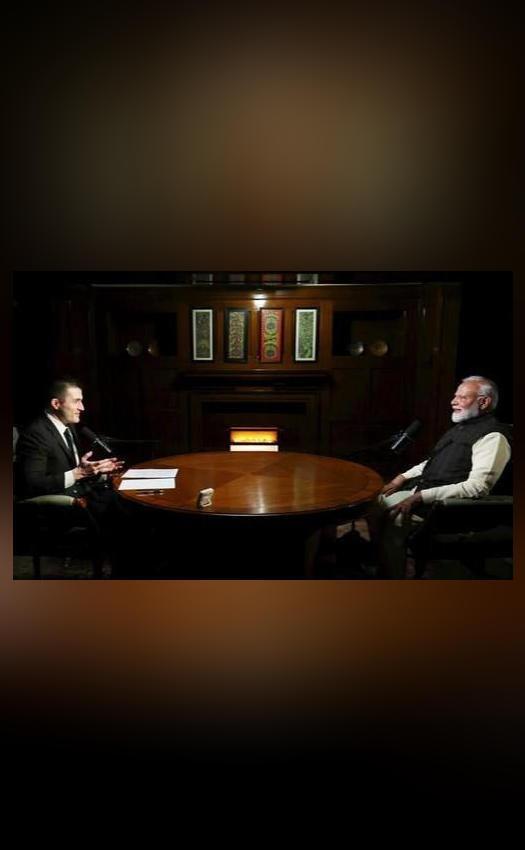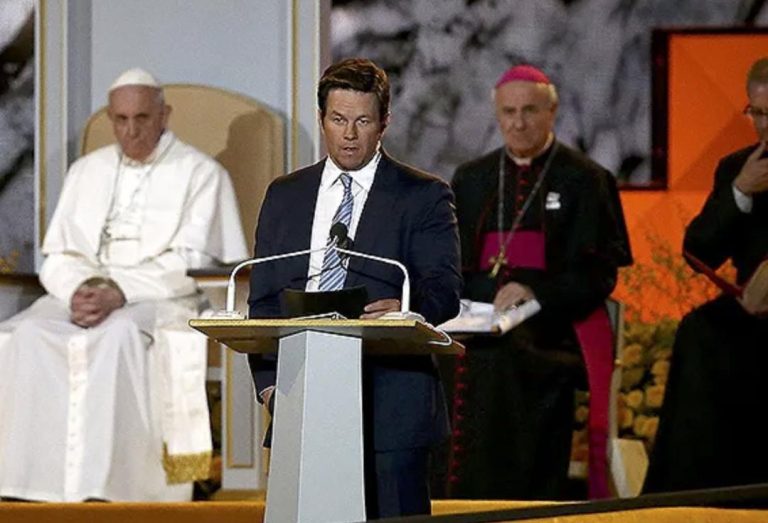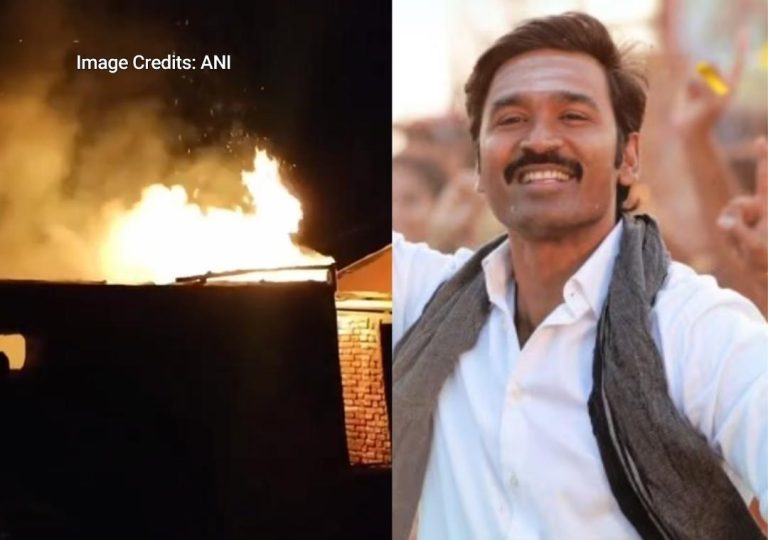
Vacate Indian Territory,’ India Replies to Pak’s J&K Remarks on PM Modi’s Podcast
In a stern rebuke, the Ministry of External Affairs (MEA) has responded to Pakistan’s recent remarks on Jammu and Kashmir, following Prime Minister Narendra Modi’s criticism of the country for its hostility and betrayal. The MEA’s sharp reply comes in the wake of Pakistan’s attempts to spin a narrative on the issue, which has been a longstanding point of contention between the two nations.
Pakistan’s remarks, made in the context of a podcast featuring Prime Minister Imran Khan, had sought to deflect attention from its own aggressive stance towards India and instead accused India of human rights violations in Kashmir. However, the MEA has rejected these claims out of hand, calling on Pakistan to vacate Indian territory under its illegal occupation.
“Pakistan should vacate Indian territory under its illegal occupation instead of spreading lies,” the MEA said in a statement. “The world is aware of the real issue, which is Pakistan’s active promotion of cross-border terrorism.”
The MEA’s response is a direct rebuke to Pakistan’s attempts to rewrite history and distort the facts on the ground in Kashmir. The region has been a flashpoint between India and Pakistan for decades, with both countries claiming sovereignty over it. However, India has maintained that Kashmir is an integral part of the country and has been a victim of Pakistan’s aggressive designs.
Pakistan, on the other hand, has consistently claimed that Kashmir is a disputed territory and has sought to internationalize the issue. However, its attempts have been met with resistance from the international community, which recognizes India’s sovereignty over the region.
The MEA’s statement is significant because it highlights the reality of Pakistan’s actions in Kashmir. The country has been accused of actively promoting terrorism and funding militant groups operating in the region, which has led to a surge in violence and human rights abuses.
India has long maintained that Pakistan’s sponsorship of terrorism is the root cause of the problem in Kashmir, and the MEA’s statement reinforces this view. By calling on Pakistan to vacate Indian territory, the MEA is effectively saying that Pakistan’s claims of sovereignty over Kashmir are baseless and that the country should focus on addressing its own internal issues rather than trying to create trouble for India.
The MEA’s response is also significant because it comes in the wake of Prime Minister Narendra Modi’s recent remarks on Pakistan. In a podcast interview, Modi had criticized Pakistan for its hostility and betrayal, saying that the country was trying to disrupt India’s growth and development.
Pakistan had responded to Modi’s remarks by saying that India was trying to distract attention from its own failures and that the country was trying to internationalize the Kashmir issue. However, the MEA’s statement has effectively countered these claims, saying that India is not trying to internationalize the issue but is instead seeking to expose Pakistan’s aggression and hostility.
The MEA’s statement is also significant because it highlights the reality of Pakistan’s occupation of parts of Kashmir. Pakistan has been occupying parts of Kashmir since the 1947 partition of India, and has been using the region as a launchpad for terrorist attacks on India.
The MEA’s call on Pakistan to vacate Indian territory is a clear indication that India is not willing to tolerate Pakistan’s aggression and occupation any longer. The statement is also significant because it comes at a time when India is seeking to strengthen its relations with its neighbors and promote regional peace and stability.
In conclusion, the MEA’s statement is a strong rebuke to Pakistan’s attempts to spin a narrative on Jammu and Kashmir. The statement highlights the reality of Pakistan’s aggression and occupation, and calls on the country to vacate Indian territory under its illegal occupation. The statement is a clear indication that India is not willing to tolerate Pakistan’s hostility and aggression any longer, and is seeking to promote regional peace and stability.






